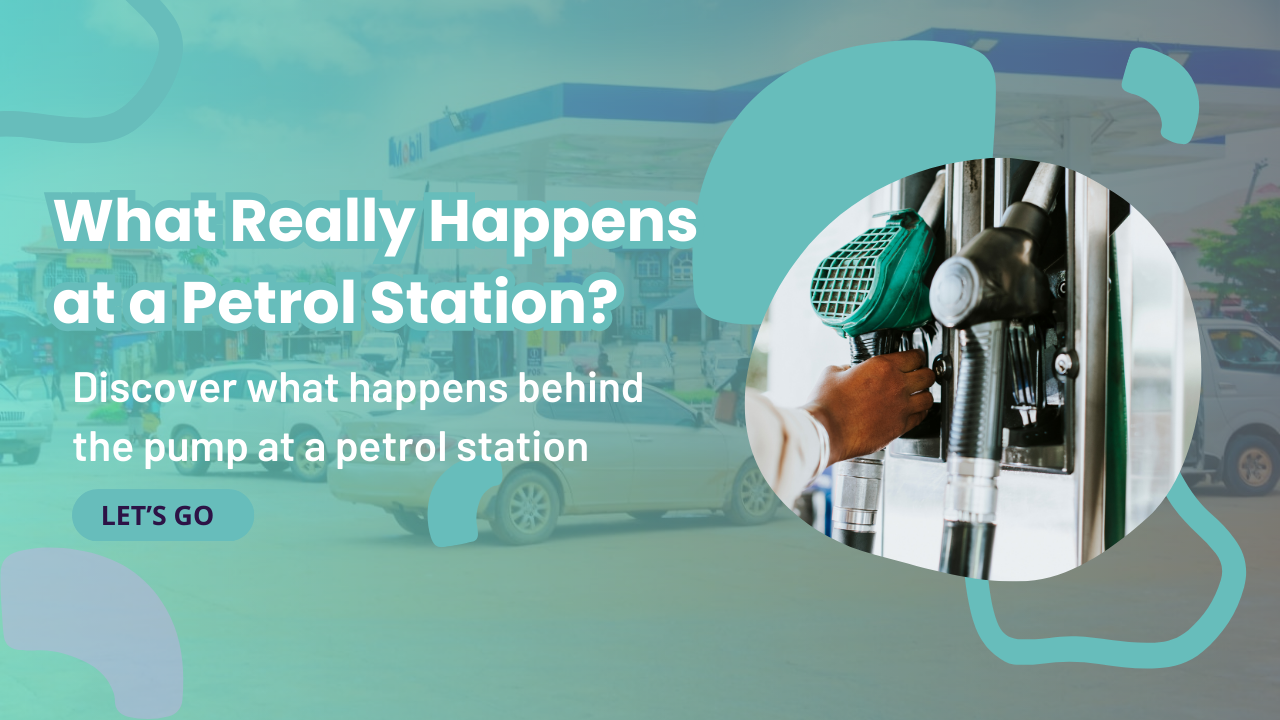
1. The Importance Of Petrol Station
Have you ever wondered what goes on behind the pump at a petrol station? While most of us pull up, fill up, and drive away, there’s a whole world of activity happening in the background. From complex fuel logistics to safety protocols and customer service, petrol stations are a blend of convenience store and high-stakes operation, offering far more than meets the eye.
2. How Fuel Gets to the Pump
Petrol stations rely on a seamless supply chain to keep the pumps flowing. Fuel is transported from refineries to stations via pipelines, ships, trains, or tanker trucks, where it’s stored in massive underground tanks. The process must be tightly coordinated to ensure that stations never run out of fuel, and various checks and balances keep this system in place.
3. Types of Fuel: A Quick Guide
Most stations offer multiple fuel options, each designed to suit different vehicles. From regular gasoline to diesel and premium fuels, the choices can impact your vehicle’s performance. Some stations even offer alternative fuels like compressed natural gas (CNG) or electric vehicle (EV) charging points, pointing to an evolving industry catering to new energy sources.
4. Daily Operations Behind the Counter
While fuel is the main attraction, the store behind the counter operates like any small retail business. From stocking shelves to managing cash and handling inventory, staff work continuously to ensure customers have quick access to essentials. Plus, there’s more complexity here than just snacks and drinks—many stations offer car essentials like motor oil, windscreen wiper fluid, and even minor car accessories.
5. Safety Measures in Place
Petrol stations operate with a high focus on safety due to the risks associated with handling flammable materials. From strict protocols on how fuel is dispensed to emergency cut-off switches, stations are equipped to handle incidents. Employees undergo regular safety training, learning how to manage situations like fuel spills, leaks, and fire hazards.
6. Customer Service: Going the Extra Mile
The staff at petrol stations often face a wide range of customer service demands, from guiding customers on fuel types to helping troubleshoot issues at the pump. They’re trained to handle diverse situations with patience and efficiency, making sure everyone’s experience at the station is as smooth as possible.
7. Fuel Price Dynamics: What Affects It?
Ever noticed fuel prices change frequently? Fuel pricing is influenced by global oil prices, taxes, and local demand. These fluctuations reflect complex factors like international politics, refining costs, and transportation expenses. Some stations may also compete locally, adjusting prices to attract more customers.
8. Environmental Considerations
Petrol stations have taken strides toward eco-friendliness. Many are equipped with spill containment systems and vapor recovery technologies to minimize the impact on the environment. Increasingly, stations are offering EV charging points and considering alternative fuels to align with the global push towards a greener future.
9. Challenges Faced by Petrol Stations
Running a petrol station is not without its challenges. Theft, fluctuating fuel prices, and environmental regulations are just a few of the issues faced by station owners and operators. Adapting to the rise of electric vehicles and alternate fuels also presents a unique challenge in an evolving industry.
10. Future of Petrol Stations
With advancements in EV technology and environmental regulations, the traditional petrol station is poised for transformation. Many industry players are diversifying their offerings to include EV charging hubs, more convenience-focused services, and eco-friendly fuel options. The future petrol station may look very different from the one we know today.
11. Conclusion
Behind every fill-up is a world of activity that makes it possible. From complex logistics and customer service to safety protocols and environmental considerations, petrol stations are indispensable yet intricate parts of modern life.
12. FAQs
- What types of fuel are typically available at petrol stations?
Most petrol stations offer regular gasoline, diesel, and sometimes premium gasoline. Some stations also provide alternative fuels like CNG or EV charging. - How often do petrol stations receive fuel deliveries?
Fuel deliveries vary based on demand, but most stations receive them weekly. High-traffic stations may get deliveries more frequently. - Why do fuel prices vary from one station to another?
Prices differ due to factors like local taxes, transportation costs, and competition among stations. - What happens if there’s a fuel spill at a station?
Staff are trained to handle spills immediately using special containment tools and safety protocols to prevent hazards. - Are petrol stations adapting to the rise of electric vehicles?
Yes, many stations now include EV charging points to cater to the growing number of electric vehicle owners.






